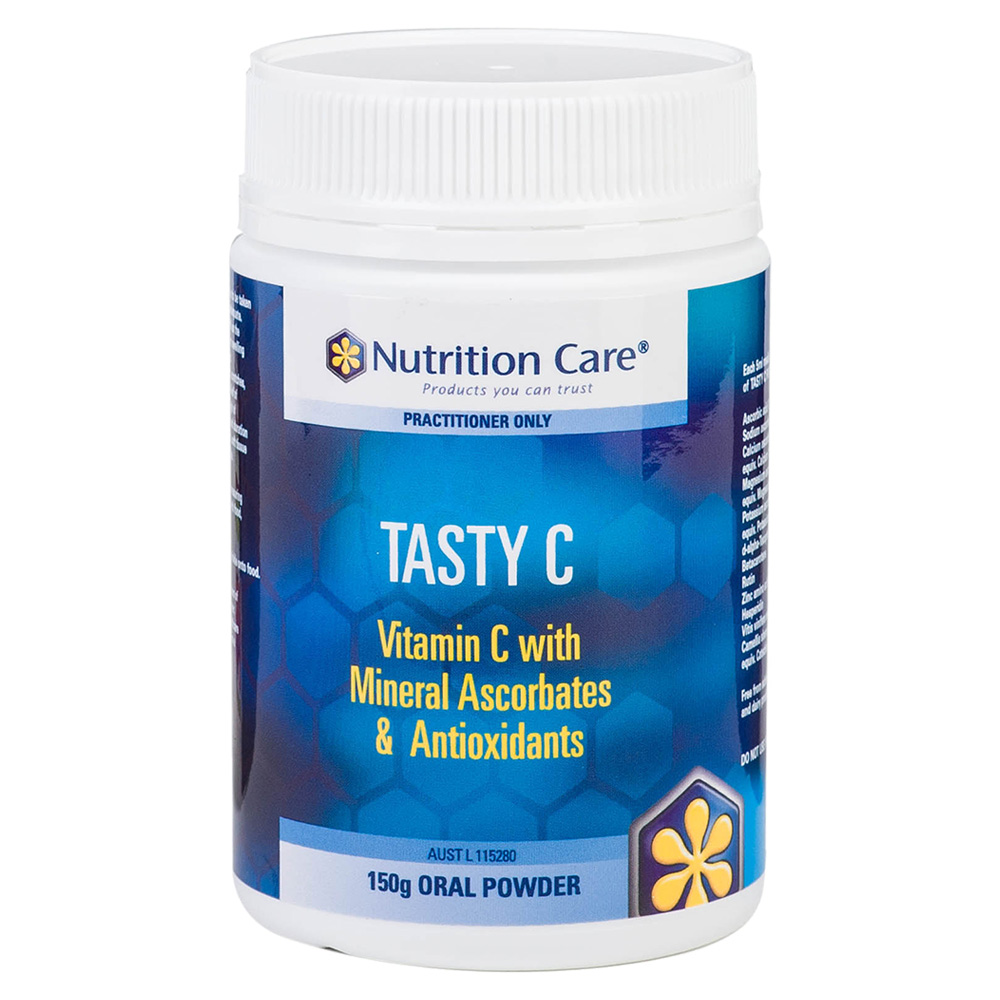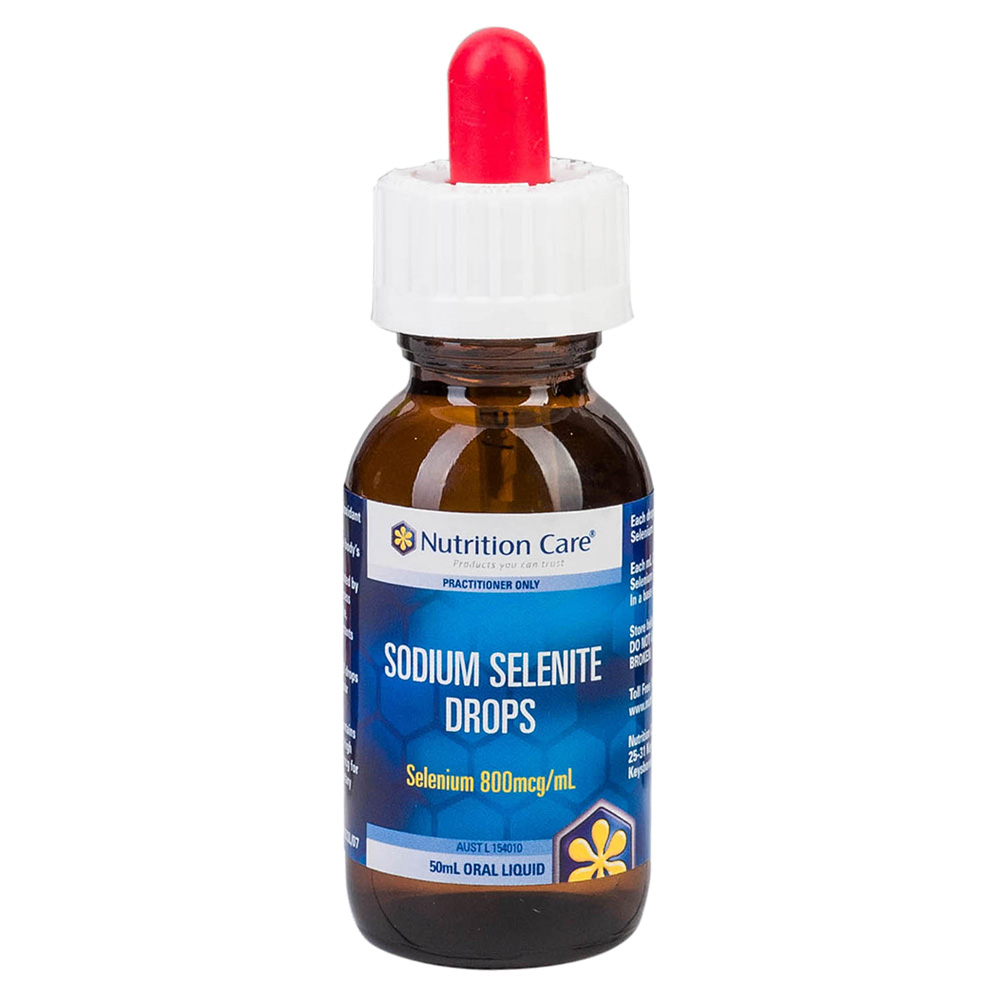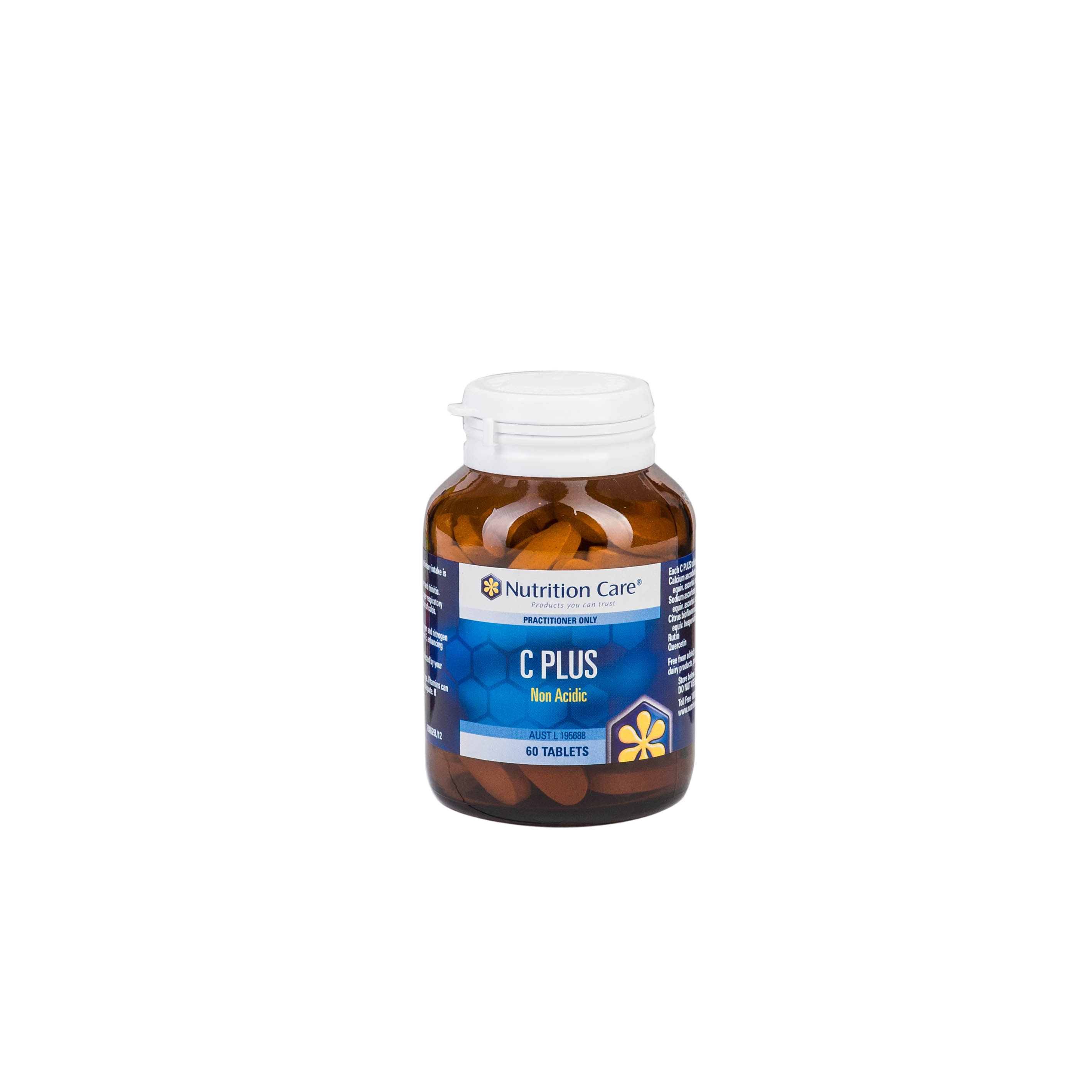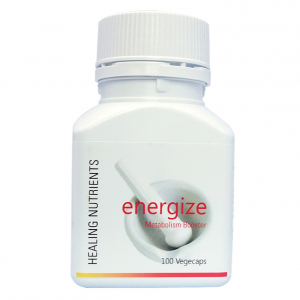Tasty C is a flavoursome oral vitamin C powder blended with mineral ascorbates, bioflavonoids and plant phytonutrients from Vitis vinifera (grape seed) and Camellia sinensis (green tea) – in combination with vitamin E, beta-carotene and zinc.
Product Features And Highlight
When therapeutic levels of vitamin C are required – a balanced high potency formula is essential. Tasty C is a flavoursome oral powder with a complete profile of mineral ascorbates and powerful antioxidants. The bioflavonoids hesperidin and rutin enhance vitamin C action and increase bioavailability. Vitamin A & E with zinc extend antioxidant activity. Plant polyphenols from grape seed and green tea provide additional vasoprotective and circulatory benefits.
Tasty C has a delicious refreshing flavour, making it acceptable to children and those with a sweeter palate. Each metric teaspoon contains 1.504.9 grams of ascorbic acid, which offers a substantial daily dose of vitamin C. It supplies a powerful range of anti-oxidant nutrients in a versatile powdered form. It is an ideal delivery system for the elderly, or anyone who may have difficulty swallowing tablets.
Product Information
Ascorbic Acid -1000 mg
Sodium Ascorbate -281.2 mg
Equiv. Ascorbic Acid -250 mg
Calcium Ascorbate -132 mg
Equiv. Ascorbic Acid -109.6 mg
Equiv. Calcium -12.14 mg
Magnesium Ascorbate -100 mg
Equiv. Ascorbic Acid -88.9 mg
Equiv. Magnesium -6.2 mg
Potassium Ascorbate -80 mg
Equiv. Ascorbic Acid -56.4 mg
Equiv. Potassium -12.56 mg
d-Alpha Tocopheryl acid Succinate -66.0 mg
Equiv. Vitamin E -80 IU
Rutin -46 mg
Zinc Amino acid chelate -14.6 mg
Equiv. Zinc -2.9 mg
Betacarotene -1.5mg
Hesperidin -200mg
Vitis vinifera (grape) seed dry -600mg
Camellia sinensis (green tea) leaf dry -120mg
150G
Recommended Adult dose:
Half (1/2) to one (1) level 5 mL metric teaspoon (equivalent to about 2-4 g powder) to be taken once daily with food, or as directed by a Health Care Professional. Mix with fruit juice or sprinkle onto food. (When mixing with water, slightly warm water will release the beta-carotene colouring more effectively then cold water alone.)
To be taken as vitamin C therapy when the dietary intake is inadequate. Assists in the maintenance of general wellbeing. It is in powdered form for the benefit of those who may find it difficult to swallow tablets or capsules.
The active ingredients in Tasty C, when appropriately prescribed, may assist patients suffering from the following conditions. This statement does not imply or make a claim for a cure for these disorders. The use of Tasty C should be based on published and relevant scientific and clinical data for each condition.
• Allergies
• Anti-oxidant
• Arthritis
• Bleeding gums
• Common Cold
• Visual weakness
• Easy Bruising
• Influenza
• Immune Disorders
• Slow wound healing
• Poor light adaptation
• Anti-inflammatory
• Protects against ischaemic damage
• Anti-thrombotic
• Powerful anti-oxidant
• Prime free radical scavenger
• Anti-viral agent
• Immuno-modulator
• Anti-fungal agent
• Anti-bacterial agent
• Strengthens connective tissue
• Helps maintain the integrity and function of veins and capillaries
• For the management of pain, swelling and inflammation
• Reduces the severity and duration of colds, flu and respiratory infections
• Vitamin C is essential for the production of collagen and maintains existing collagen (by functioning as an essential cofactor for the conversion of lysine to hydroxylysine and for the conversion of proline to hydroxyproline)
• In this synergistic blend vitamin C improves the antioxidant activity of vitamin E and vitamin A to quench free radicals
• Vitamin C can moderate allergic reactions and inflammation (by inhibiting the release of histamine from mast cells)
• Vitamin C (2,500 mg per day) lowers the production of cortisol by the adrenal glands during periods of Stress.
With the discovery of benefits to be gained from taking larger doses of ascorbic acid came unpleasant intestinal side effects. Ascorbic acid is, obviously, acidic. When it reaches the alkaline environment of the lower intestinal tract, it can cause inflammation of the intestinal tissue, gas, diarrhoea and discomfort. This acid rejection syndrome usually results from very large doses of vitamin C, and it can limit vitamin C’s absorption.
Buffering vitamin C with a mineral moderates this rejection. Combining calcium, magnesium, sodium or potassium with ascorbic acid helps to improve its delivery to the body while providing additional amounts of mineral nutrients.
Vitamin C in very large doses may cause gastrointestinal hurry, flatulence and loose bowels. Most individuals can tolerate up to 4 grams per day without problems. The low acidity of Tasty C powder will allow many adults to tolerate up to 10 grams per day. Gastrointestinal disturbances can be reduced by increasing fluid intake or by reducing the dose of vitamin C.
There is no good evidence that vitamin C increases the risk of kidney stones, vitamin B12 deficiency or rebound scurvy on its withdrawal.
• Avoid fats/oils damaged by heat (a potent generator of free radicals)
• Avoid trans fats
• Avoid drugs, tobacco and alcohol.
• Maintain high fluid intakes, for example, 20 grams of vitamin C per day should be accompanied with an intake of at least 4 litres of water or diluted juice.
• Do not cease high doses of vitamin C suddenly, wean down over a minimum of a two week period.




